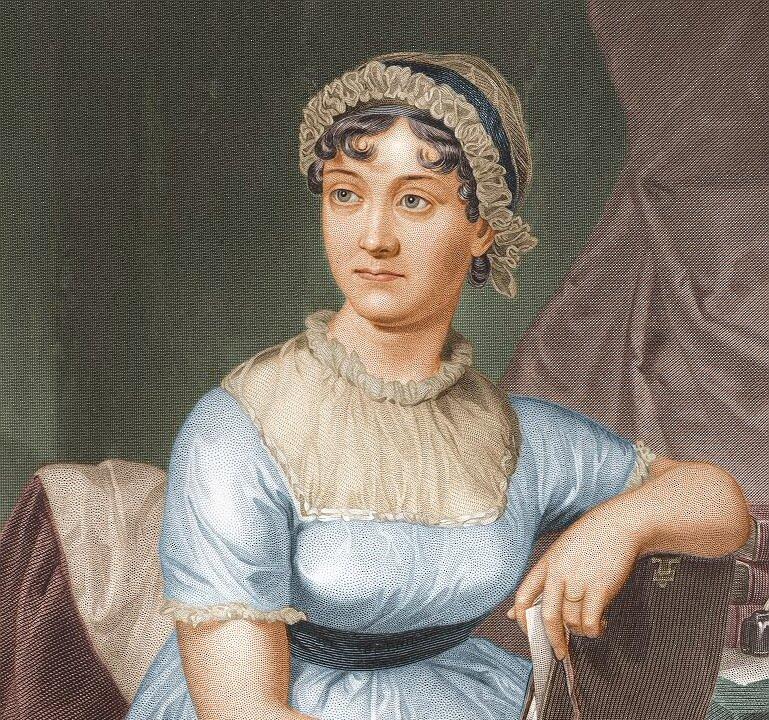Commentary
English Novelist Jane Austen (1775–1817) has so far narrowly escaped cancelation by the judges of political correctness. Since the 1990s, censorious academics, including celebrated post-colonial critic Edward Said, have debated Austen’s social attitudes, often examining a few inconclusive details (particularly one scene from her novel “Mansfield Park” about a protagonist’s visit to Antigua) in an attempt to tease out her stance on such hot-button issues as slavery and colonialism. Austen’s self-conscious adoption of a restricted literary canvas—“3 or 4 families in a country village,” as she defined it to a niece—has largely protected her from the pitiless judgments of holier-than-thou critics.





